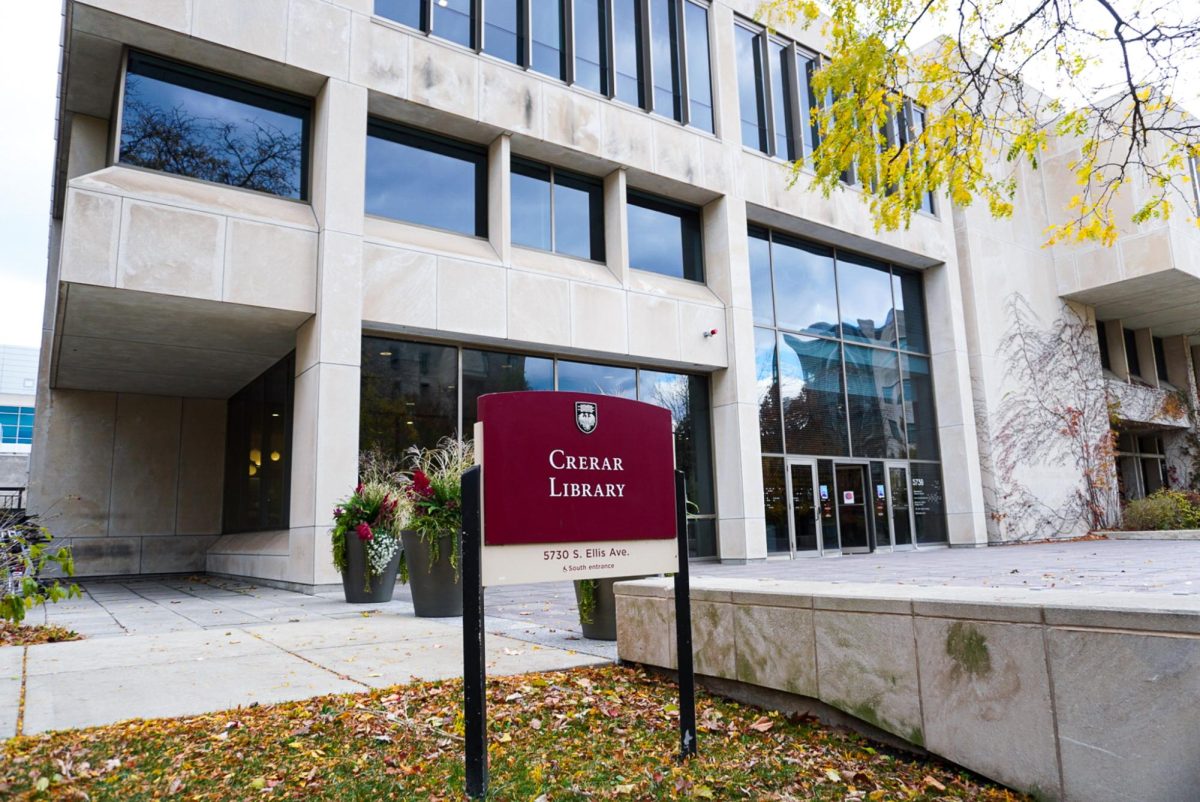Forget the widespread anti-Mormon prejudice, inexperience, and flip-flopping. Forget the Salt Lake City Olympics, health care plans, and an image so squeaky clean you can eat freedom toast off of it. Mitt Romney will not win the 2008 Presidential Election because he has made a career out of biting the hand that feeds him.
Last Tuesday, Romney formally announced his candidacy for president in his “home state” of Michigan. Why would the former governor of Massachusetts and Utah resident hold the rally in Michigan? Probably because if he tried to hold a rally in the state that he governed off and on for four years, he would struggle to get 500 people to show up.
For those keeping score at home, Michigan marks his third home state of the century. Like Nick Saban or the aliens in Independence Day, Romney has made a lifestyle out of moving from one place to another, milking the establishment for all it’s worth before moving on. He is a political mercenary who believes only in his own personal advancement.
We didn’t always know this. An accomplished businessman best known for his previous ventures in saving the 2002 Winter Olympics from the ruin of previous mismanagement and for an unsuccessful attempt to win Ted Kennedy’s Senate seat in 1994, Romney’s professionalism and air of responsibility won over Massachusetts in 2002. In a state bluer than Eiffel 65, he won decisively over a heavily funded Democratic challenger.
By the time a flattering profile appeared in The Atlantic in 2005—appropriately titled “The Holy Cow! Candidate”—the high watermark of his in-state popularity had perhaps already come and gone, but the piece furthered the idea that a moderate from the northeast with an ‘aw shucks’ personality could be a winner in the general election.
The Romney featured in The Atlantic two years ago could very well have won the Republican nomination and the presidency had he stayed the course. Professional, candid, and personable, when asked by reporters upon being elected what the worst word he had ever uttered was, he coolly replied: “H-E-double-hockey-sticks.” And when asked immediately after taking office whether he intended to use his new position as a stepping-stone to the presidency, he offered only a polite denial. His constituents could be forgiven for taking him at his word.
But Romney’s experience in Massachusetts exposed an almost suffocating personal ambition that brought the hands-off approach of governing to a new extreme. His incessant campaigning and politicking in such New England nonentities as Iowa and China, his joy ride through the Olympics in Turin, and his extended stays in Alaska and Utah prevented a once-promising administration from ever establishing itself as anything more than a do-nothing tenant.
The son of failed GOP presidential candidate and HUD Secretary George Romney, Governor Mitt spent 212 days outside the state of Massachusetts in 2006. Even in his most visible moment—attempting to take charge after a deadly tunnel collapse—Romney arrived on the scene only after returning from New Hampshire. So rarely was the Governor actually present in the Bay State that the commonwealth’s most potent conservative voice, the Boston Herald, began to derisively run a calendar celebrating the precious few days each month that the Governor was actually within the state lines.
While most public servants—be they Democrat, Republican, Free Soil, or Bull Moose—view political ascension as a means to further their ability to advance the causes they believe in, Romney fails this test at the most fundamental level. Every step in his career has been taken in order to advance his personal goals over any overarching set of beliefs. So dedicated was he to the citizens of Massachusetts that he spent much of his time out of state contemptibly mocking his constituents for having beliefs inconsistent with his own, portraying himself as an embattled missionary in a land of heathens. Romney threw a rock at a Bear and then acted surprised when he got mauled in the
That he would eventually wear out his welcome with Bay State liberals was almost a foregone conclusion, but as with President Bush, his decline was exacerbated by the desertion and dissolution of much of his conservative support. The united Massachusetts GOP that expected to establish new inroads and build up a base behind their new star was quickly fragmented, dealt crushing defeats in local elections and in the court of public opinion.
And when it came time to elect a new governor, Romney didn’t even bother to speak out on behalf of his own Lieutenant Governor Kerry Healy, leaving her on an island to defend the actions of her boss. Hence, she was picked apart by the more-than-capable Democratic challenger, bringing an end to the 16-year string of moderate Republican governors at the House that Sumner built.
There is much about Mitt Romney that says “presidential.” When he takes the microphone—be it at a Governor’s convention, a St. Patrick’s Day brunch, or on a radio talk show,—he comes off as charming and in command. Furthermore, his track record in business circles is impeccable. The tragedy of his career—and ultimately his undoing—is that his considerable talents are wasted on self-serving ambition rather than on the greater good.






